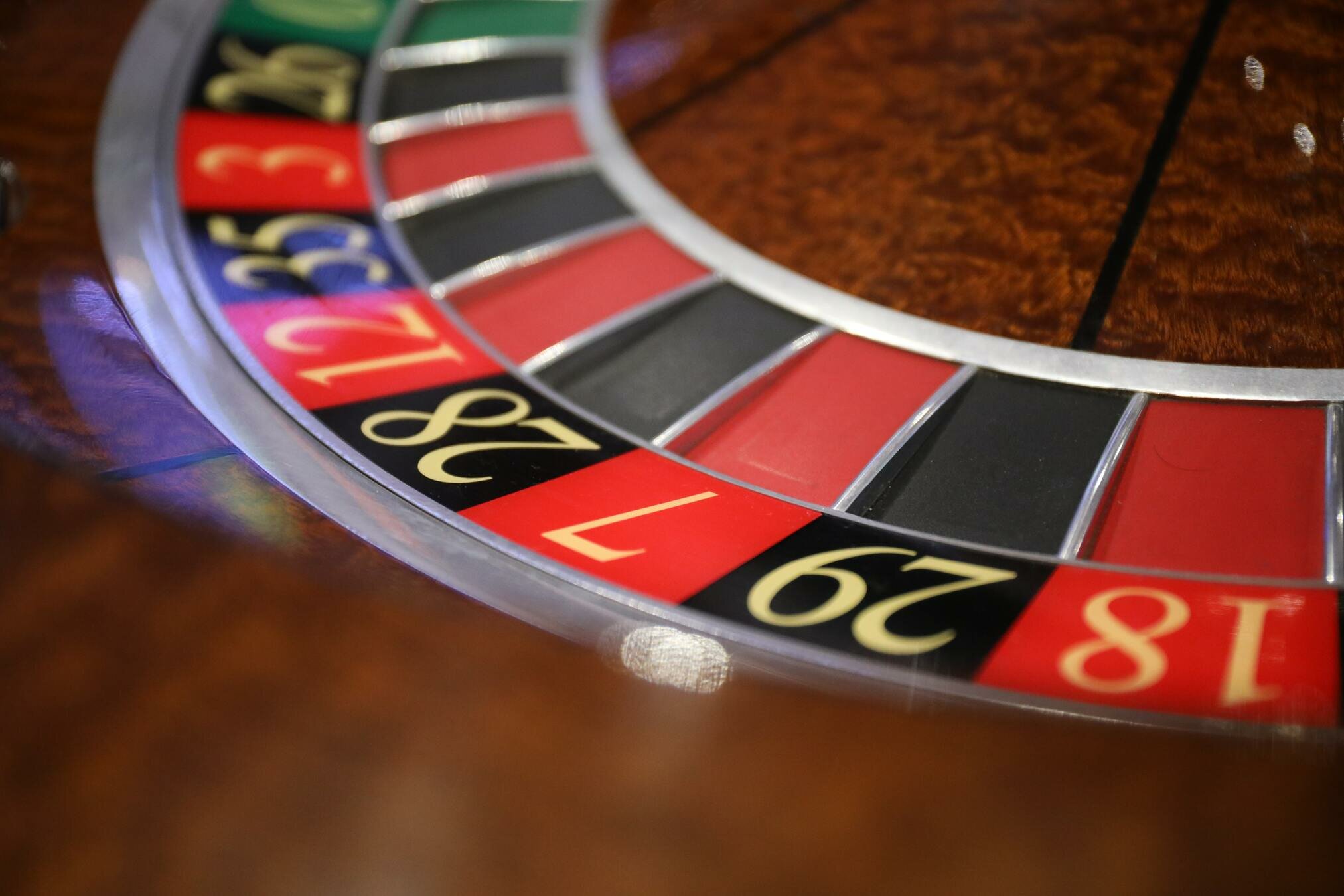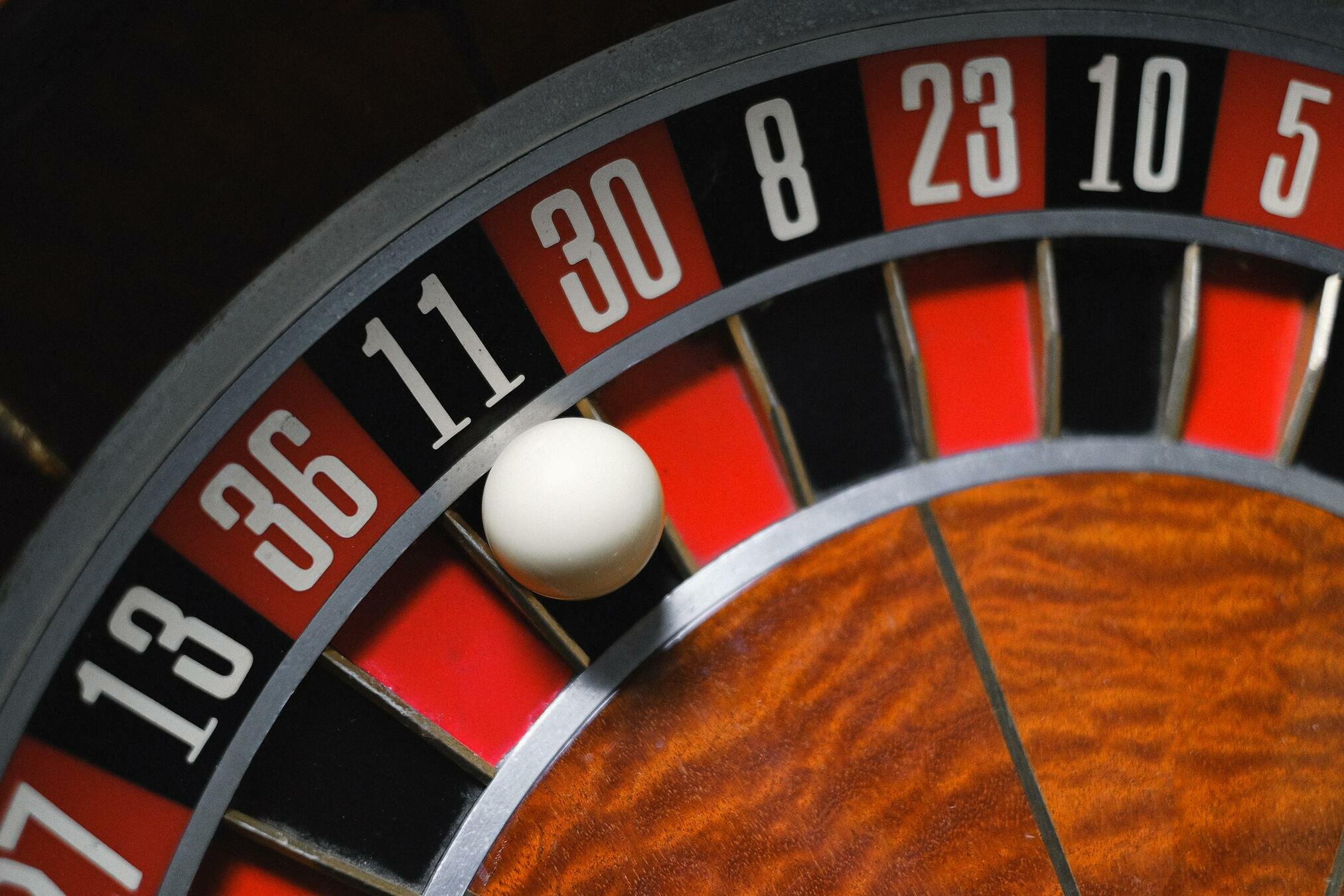Roulette and statistic



Roulette is a classic casino game that involves betting on where a ball will land on a spinning wheel. The wheel has numbered pockets and players place their bets on the corresponding numbers or groups of numbers on the betting table.

While luck plays a role in the outcome of each spin, statistical analysis can also be applied to the game of roulette. One of the key concepts in roulette is the concept of probability. The probability of a particular outcome is determined by the number of possible outcomes divided by the number of total outcomes. For example, in European roulette, the probability of hitting a single number is 1/37, since there are 37 pockets on the wheel.
Another important aspect of roulette statistics is understanding the house edge. This is the advantage that the casino has over the players and is calculated as the difference between the true odds of a bet and the odds that are paid out. In European roulette, for example, the house edge is 2.7% for a single number bet, but decreases to 2.63% for a "red or black" bet.
It's also important to understand that while the odds of a particular outcome remain constant, the results of individual spins in roulette are independent of each other. This means that past spins do not affect the outcome of future spins. In other words, each spin of the wheel is a separate event, with its own independent probability.
In conclusion, while luck plays a role in the outcome of each spin of the roulette wheel, statistical analysis and understanding of probability and the house edge can also be applied to the game. This can help players make informed decisions when placing their bets and increase their overall enjoyment of the game.
Bold
By Paola Guerra Di Bonaventura
Bold
- 206
